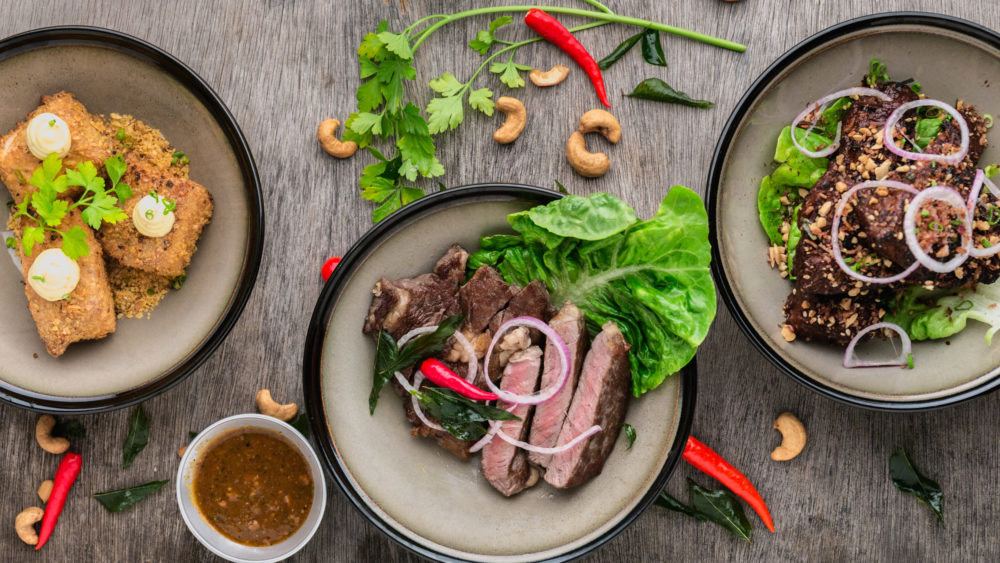
I sometimes get asked by friends of mine, “What will happen if I try skipping breakfast regularly?” This is often a lot of people’s solution for shedding unwanted weight. We’ve discussed in our blog before about some of the potential downfalls of intermittent fasting, but what we haven’t discussed is why you might not be losing weight, and more specifically body fat, even though you’re consuming very few calories.
The first thing to remember is that not all calories are created equal. Calories that come from carbohydrates (fruits, vegetables, breads, pastas, rice, sugar, soda, juice) raise your insulin 10 times that of calories that come from protein (animals) or fat (nuts, avocado, dairy, oils). And, we know with great certainty that constantly elevated levels of insulin in your blood will cause you to gain body fat and run into some very serious health problems down the road.
Now, let’s say that you try skipping breakfast every morning, then, lunch is some kind of sandwich, and dinner is some kind of pasta. Well if that sounds familiar, even though you aren’t having a ton of calories all throughout the day, you’re still jacking up your blood sugar with insulin, and that’s not good. Maybe you skip breakfast and prefer to have a juice for lunch or just a granola bar and then something like a small sandwich or again pasta for dinner. Same thing. Even though the granola bar seems “healthy,” it’s more than likely mostly comprised of sugar and the same process is taking place. So, if we are having very few calories that are mostly carbohydrates, it doesn’t matter how little it is, we’re still loading our blood with insulin.
Now, just to be clear I’m not saying that intermittent fasting won’t work for you. It requires some self-experimentation and a lot of very detailed recordings of the results. But, if you are experimenting with it, be sure to have some balance to your meals when you do eat. Protein and fat will slow the release of insulin because they take longer to digest. You will need to have carbohydrates more than likely but just not without protein or fat.
Last point. Let’s take a look at this solely from the perspective of the fat cell. A fatty acid in your body is made up of 6 carbon atoms linked together. They require very little supplies, or calories, to keep them alive. Muscle on the other hand is comprised of a lot things and it needs a lot of supplies, or calories, to keep it going. This is why eating less can sometimes be detrimental to fat loss and why exercise is so crucial. The body needs reserves to store blood sugar for whatever situation may present itself. Perform an action? Let’s tap into that muscle to complete it. Gonna be a while without food? Let’s tap into that muscle to get the brain some sugar. Get in a car accident? Let’s use all that energy in the muscle to send anti-bodies to the area and stop repairing the damaged tissue. If you don’t exercise, the reserves are going to become body fat because God forbid you get in an accident and not have some reserve to help deal with that blunt trauma you just endured.
If you’re already overweight, eating less and mostly carbohydrate is only going to keep you there. If you have just a little fluff that you would like to get rid of, the same thing applies. Eating more, and just to be clear when I say more I mean including protein and fat into your meals, along with exercise will allow your body to do away with body fat that doesn’t require a lot of energy to sustain.
———
Interested in learning more about food and fitness and how they work together? Want to know just want it takes to start taking off the fluff? Shoot us an email o learn more, ask questions, or get started at jobie@crossfitvirilis.com.
